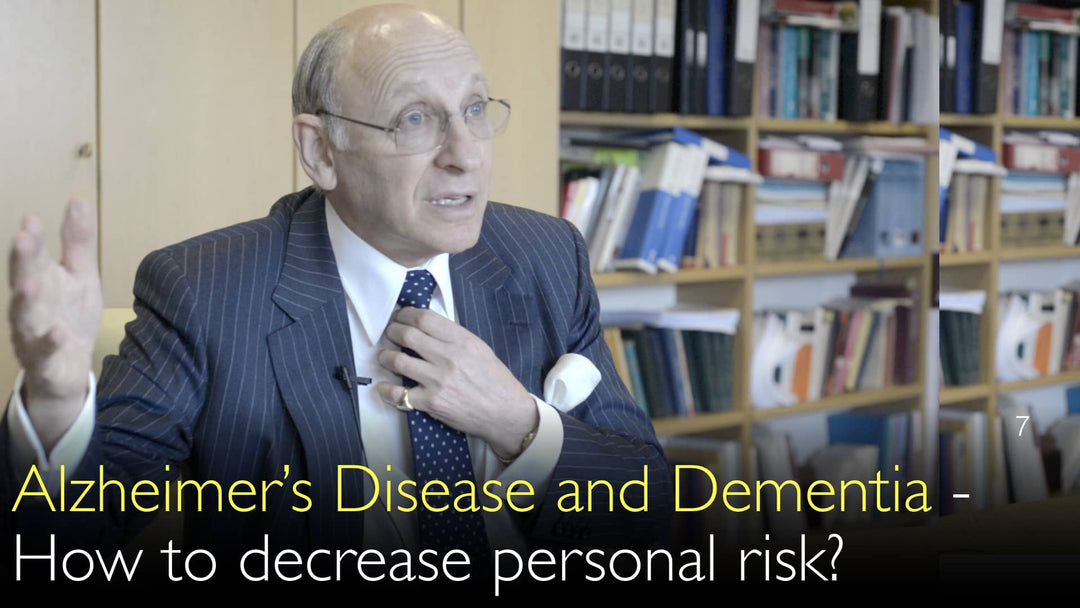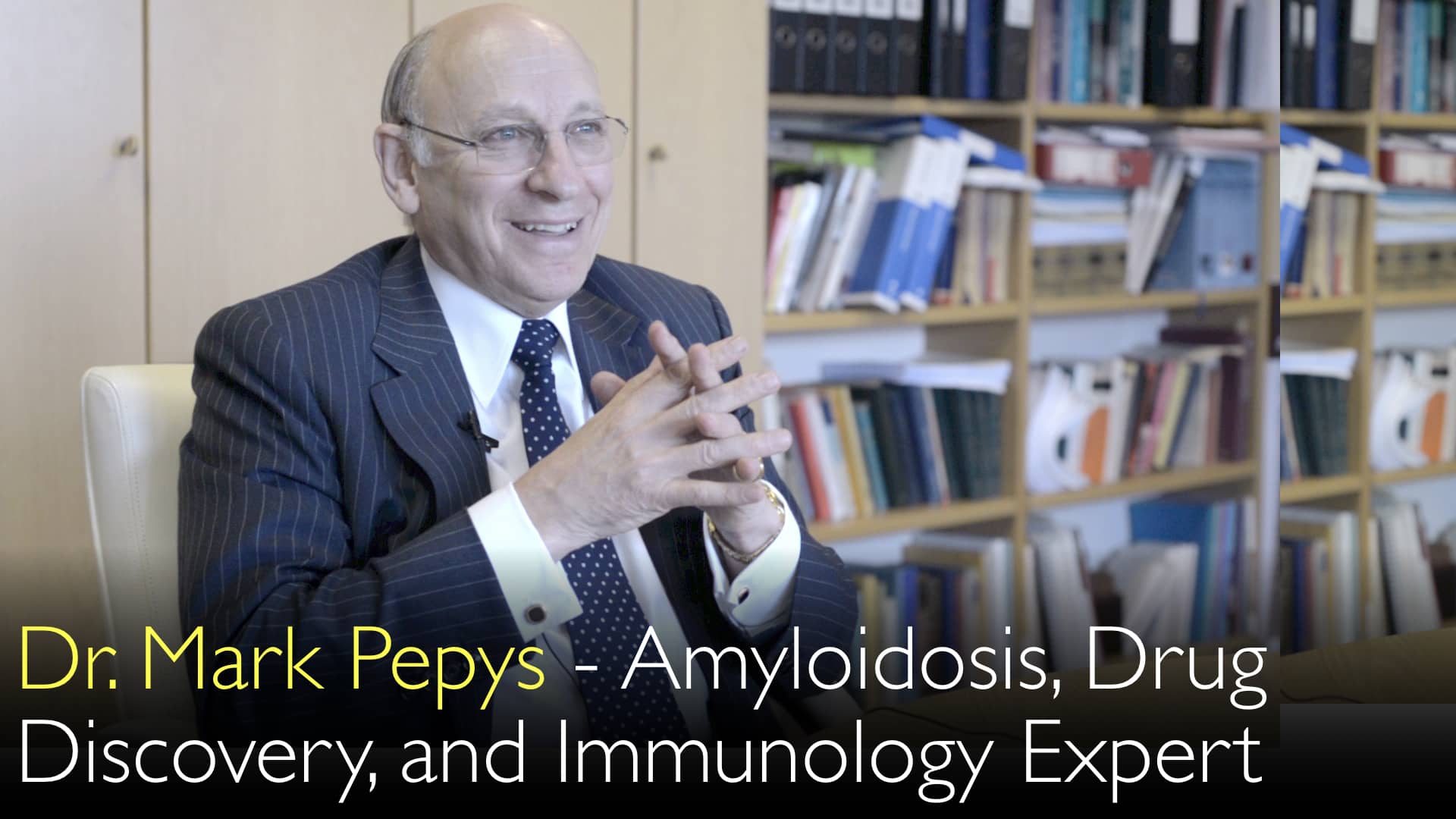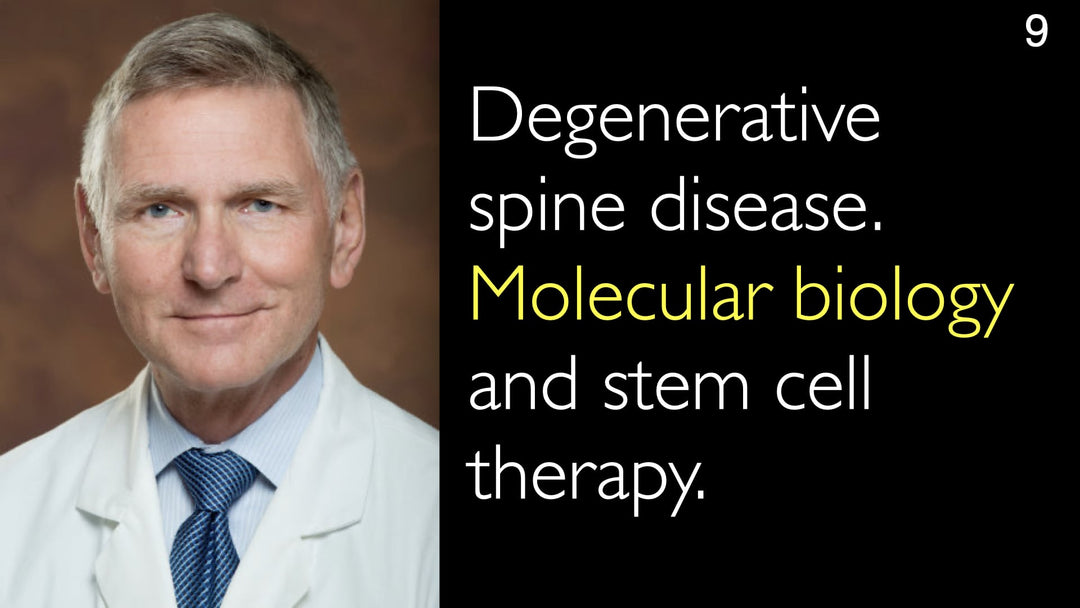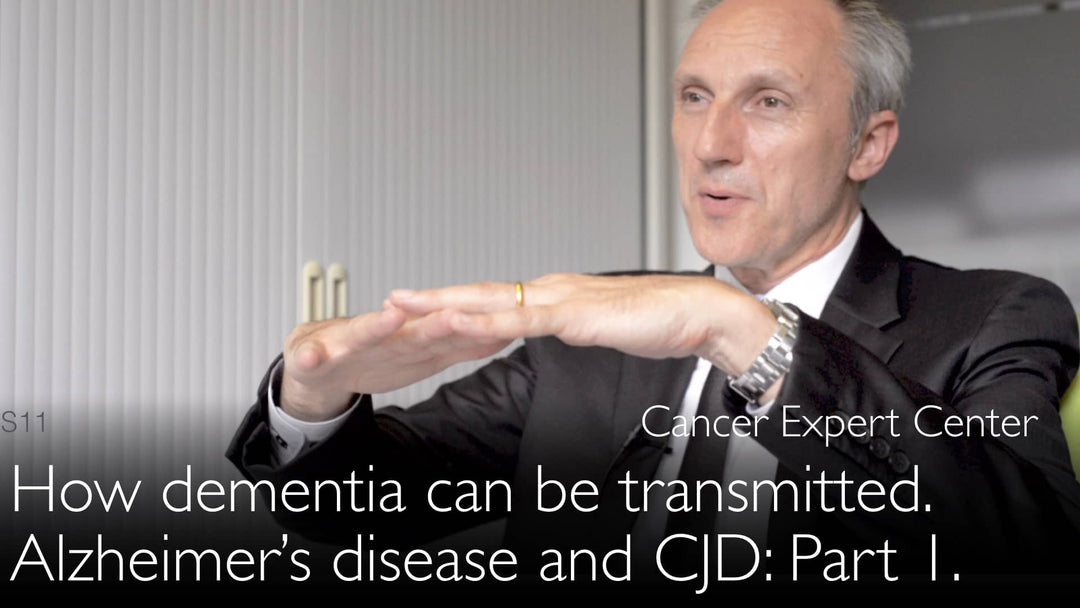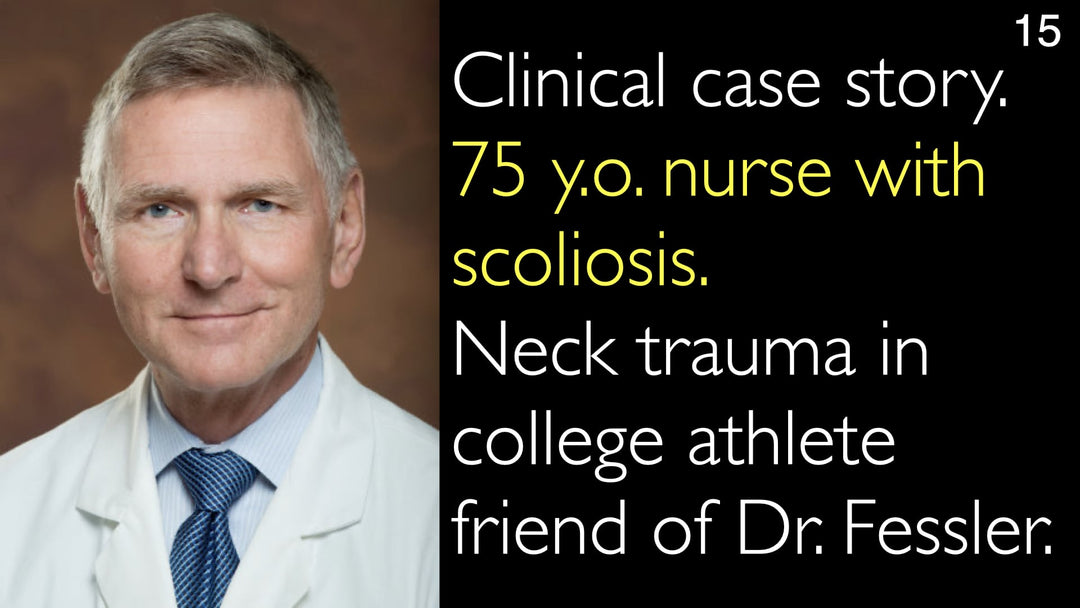מומחה מוביל באמילואידוזיס ודלקת, ד"ר מארק פפס, MD, מסביר כיצד להפחית את הסיכון האישי לדמנציה. הוא מבהיר את הקשר הקריטי בין בריאות כלי הדם לירידה קוגניטיבית. ד"ר פפס מפרט אסטרטגיות מניעה מעשיות כמו שליטה בלחץ הדם ושימוש בסטטינים. הוא גם דן בראיות מאחורי תרגילי מוח ושינויים באורח החיים לשימור התפקוד הקוגניטיבי.
אסטרטגיות יעילות להפחתת הסיכון לדמנציה ולמחלת אלצהיימר
קפיצה לסעיף
- קשר בין דמנציה וסקולרית למחלת אלצהיימר
- אסטרטגיות מניעה באורח חיים לדמנציה
- עדויות על תרגול מוחי ועתודה קוגניטיבית
- חשיבות הבקרה על לחץ דם וכולסטרול
- יתרונות הטיפול בסטטינים לבריאות כלי הדם
- כיווני מחקר עתידיים במחלת אלצהיימר
- תמליל מלא
קשר בין דמנציה וסקולרית למחלת אלצהיימר
ד"ר מארק פפיס, MD, מדגיש כי דמנציה היא תסמונת קלינית רחבה יותר ממחלת אלצהיימר. הוא מסביר כי בעיות וסקולריות הן גורם חשוב מאוד לדמנציה. דמנציה וסקולרית זו קשורה ישירות לטרשת עורקים ולמחלה וסקולרית.
אותה תהליך טרשתי הגורם להתקפי לב ושבץ מוחי תורם גם הוא באופן משמעותי לירידה קוגניטיבית. ד"ר מארק פפיס, MD, מציין כי כל קשישים המאובחנים עם מחלת אלצהיימר סובלים בהכרח ממידה מסוימת של טרשת עורקים. רכיב וסקולרי זה תורם במידה פחות או יותר משמעותית לתמונה הקלינית הכוללת של הדמנציה שלהם.
אסטרטגיות מניעה באורח חיים לדמנציה
ד"ר מארק פפיס, MD, מספק עצות ברורות להפחתת סיכוני דמנציה באמצעות שינויים באורח החיים. הוא קובע כי כל האמצעים להפחתת סיכון למחלות לב וכלי דם חשובים critically למניעת ירידה קוגניטיבית. האסטרטגיות הבסיסיות כוללות הימנעות מעישון והימנעות מסוכרת מסוג 2.
שמירה על משקל גוף תקין באמצעות פעילות גופנית ואכילת תזונה מאוזנת חשובות לא פחות. ד"ר פפיס מאשר כי הפחתת הסיכון הקרדיווסקולרי תתרום definitely באופן משמעותי להפחתת דמנציה ומחלת אלצהיימר. התערבויות אלה מתייחסות ישירות לטרשת עורקים בעורקי המוח המתפתחת עם הגיל.
עדויות על תרגול מוחי ועתודה קוגניטיבית
ד"ר מארק פפיס, MD, מציג פרספקטיבה מורכבת על תרגול מוחי ופעילות קוגניטיבית. הוא מכיר בעדויות התצפיתיות שאנשים חכמים ומשכילים יותר נראים כסובלים פחות מדמנציה. עם זאת, ד"ר פפיס מציע כי זה עשוי לשקף את האינטליגנציה הבסיסית הגבוהה יותר שלהם ולא הגנה מפני ירידה.
הוא מסביר שאובדן פרופורציה מהאינטלקט מנקודת התחלה גבוהה יותר עשוי להשאיר תפקוד טוב יותר מאשר אובדן אותה פרופורציה מבסיס נמוך יותר. בעוד שד"ר פפיס מעריך להיות מעוניין, ערני ותפיסתי, הוא נותר unconvinced שתרגילי מוח בלבד מגנים על התפקוד הקוגניטיבי. רבות מהעדויות נותרות תצפיתיות ולא conclusive.
חשיבות הבקרה על לחץ דם וכולסטרול
ד"ר מארק פפיס, MD, מדגיש את החשיבות הקריטית של בקרת לחץ הדם למניעת דמנציה. הוא מדגיש כי שמירה על לחץ דם נמוך תורמת very substantially להפחתת הסיכון למחלה וסקולרית. הגנה וסקולרית זו תומכת ישירות בשימור הבריאות הקוגניטיבית.
ד"ר פפיס מדגיש גם את הצורך הקריטי לבקרת רמות הכולסטרול, במיוחד כולסטרול LDL. במהלך דיונו עם ד"ר אנטון טיטוב, MD, הוא מציין את הקשר הבלתי מעורער בין ריכוז כולסטרול LDL לסיכון קרדיווסקולרי. קשר זה עוקב after דפוס ליניארי ללא קשר להיכן נמצא האדם על ספקטרום הכולסטרול.
יתרונות הטיפול בסטטינים לבריאות כלי הדם
ד"ר מארק פפיס, MD, תומך strongly בטיפול בסטטינים על בסיס עדויות מדעיות compelling. הוא מתייחס לעדויות amazing strong ממחקרים קליניים אפידמיולוגיים כפולי-סמיות מבוקרי פלצבו. סטטינים הם תרופות remarkably effective למניעת התקדמות מחלות כלי דם.
בעוד שהוא מכיר שלסטטינים יש תופעות לוואי במיעוט tiny של אנשים, ד"ר מארק פפיס, MD, מדגיש את התועלת הכוללת שלהם. המנגנון העיקרי involves הורדת כולסטרול LDL, עם יחס linear risk reduction שהודגם. על כל ירידה של 1 מילימול לליטר בכולסטרול LDL, הסיכון הקרדיווסקולרי יורד proportionally. אפקט זה הופך סטטינים ל-crucial להפחתת סיכונים לדמנציה וסקולרית.
כיווני מחקר עתידיים במחלת אלצהיימר
ד"ר מארק פפיס, MD, דן בצורך בהבנה deeper של מחלת אלצהיימר עצמה. הוא מציין את flurry המחקר הנוכחי בסיבות infectious potential ומנגנונים אחרים. בעוד שרבים מהרעיונות remain unsubstantiated, some may prove useful עם investigation further.
הדרך essential forward involves הבנת pathogenesis actual של מחלת אלצהיימר. ד"ר מארק פפיס, MD, מסביר שרק through ידע fundamental זה ניתן לפתח treatments effective ו-prophylactic interventions. כיוון מחקר זה complements אסטרטגיות vascular risk reduction established למניעה comprehensive של דמנציה.
תמליל מלא
ד"ר אנטון טיטוב, MD: האם יש משהו שאנשים יכולים לעשות כדי להפחית את הסיכון לחלות במחלת אלצהיימר? כיצד למנוע מחלת אלצהיימר? אולי זה שונה עבור קבוצת משנה מסוימת. מה ניתן לעשות כדי למנוע דמנציה?
ד"ר מארק פפיס, MD: אני לא מומחה לדמנציה. אני לא necessarily האדם הנכון לענות על כך, אבל obviously אני מכיר את התחום הזה somewhat. אנחנו should probably בהקשר זה לדבר על דמנציה rather than מחלת אלצהיימר. מחלת אלצהיימר היא צורה particular של דמנציה. זו מחלה specific עם diagnostic criteria specific. דמנציה היא בעיה broader.
גורם very important לדמנציה הוא בעיות וסקולריות. דמנציה related לטרשת עורקים ומחלה וסקולרית. זה אותו דבר שגורם להתקפי לב, שבץ מוחי, וכך הלאה. יש many other causes של דמנציה too, like blows to the head, for example.
מה אתה can do להפחית risks של דמנציה? All the obvious advice around הפחתת risks של מחלה וסקולרית ומחלה קרדיווסקולרית is critically important. All old people המאובחנים עם מחלת אלצהיימר have inevitably got some טרשת עורקים. This probably makes a more or less significant contribution לדמנציה שלהם.
Anything להפחית טרשת עורקים is obviously important. כדי למנוע דמנציה, it’s important not to smoke. It’s crucial not to have diabetes. Do not be overweight. Take physical exercise. Eat a balanced diet, and so on. All those things are healthy and sensible.
הפחתת סיכון קרדיווסקולרי will definitely make a significant contribution להפחתת דמנציה. הפחתת מחלה וסקולרית will definitely make a significant contribution להפחתת מחלת אלצהיימר. הפחתת טרשת עורקים בעורקי המוח as you get older will definitely make a significant contribution להפחתת דמנציה.
ד"ר אנטון טיטוב, MD: Those are the things to do. There is a lot of interest in why some people become more demented than others. There is a lot of interest in this fact: if you keep your brain active, maybe that protects you from Alzheimer’s disease.
ד"ר מארק פפיס, MD: My personal view about that is this. You may start off with a higher intelligence. Then you may lose a proportion of intellect. You've still got a higher cognitive function than if you started at a lower intelligence level and lower educational level. Then you lose 25% of it, and then you may be severely compromised.
I'm not aware that there is compelling evidence that you can do brain exercise and keep your brain active. Your intellectual function might not be better than if you are not doing brain exercises. On the other hand, it is true that it is better to be more interested, alert, and perceptive.
That is better, and one can train one's brain to be better. One learns things all the time. You keep learning things. There are all sorts of tricks to keep one's cognition better. But I'm just not convinced that there is going to be a route to protecting cognitive function by doing brain exercises.
A large proportion of that evidence is observational. Smarter, more educated people don't get so much dementia because they started at a higher level of intelligence. Sometimes you don't smoke and you don't have type 2 diabetes, and you control blood pressure.
I wanted to mention that before. It is very, very important to keep low blood pressure. All these things contribute very substantially to vascular disease. We know for a fact and irrevocably that we must control blood pressure to prevent dementia. It is crucial to control levels of cholesterol.
ד"ר אנטון טיטוב, MD: Statins are very, very important. I know that statins is an extremely controversial area.
ד"ר מארק פפיס, MD: I am a very powerful believer in the amazingly strong scientific evidence from placebo-controlled, double-blind epidemiological clinical trials. Statins are good for you. Statins have side effects in a tiny minority of people, but statins are amazingly good medications to prevent vascular disease.
So that is a crucial factor in reducing risks of vascular dementia. All factors that are protective against vascular disease and atherosclerosis are definitely good for preserving cognition as well.
As for Alzheimer's disease, we need to understand it itself. We have to understand more about what is Alzheimer's disease. There's now a flurry of interest in Alzheimer's disease.
ד"ר אנטון טיטוב, MD: Is there an infectious cause of Alzheimer's disease? People have had ideas about all sorts of other causes of Alzheimer's disease. Many of ideas are crazy. They are not substantiated. Some ideas remain to be seen as useful. We must understand more about the actual causes of Alzheimer's disease.
ד"ר מארק פפיס, MD: We have to understand more about the actual pathogenesis of Alzheimer’s disease. Then we will be able to devise treatments for Alzheimer's disease. We will find prophylactic interventions too.
The really compelling evidence for statins is exclusively related to lowering LDL cholesterol. There is a linear relationship between LDL cholesterol concentration in the plasma and cardiovascular risk. It is a linear relationship. It doesn't matter where you are on a cholesterol level curve. If you lower the LDL cholesterol by 1 millimole per liter, you lower cardiovascular risk by X percent. That happens whether you are up here or down there on this straight line relationship.
That is unequivocally true. Statins lower the LDL cholesterol. There has been a lot of controversy and a lot of discussion about other medications, including C-reactive protein. This is another molecule I have worked on for more than 40 years.
ד"ר אנטון טיטוב, MD: Statins and CRP link is all nonsense. It is not reproducible, not substantiable, and so on. The effect of statins is to do with lowering LDL cholesterol. This is what really compelling evidence shows.
ד"ר מארק פפיס, MD: Whether statins have other effects, I am sure they do have other effects. But whether those effects of statins are clinically significant and therefore worth testing and using, I don't know.


